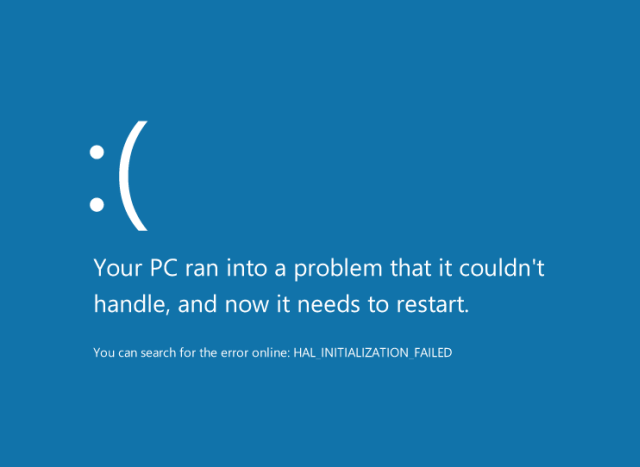
(credit: Wikipedia)
What
Gödel’s proof suggests is that no way of modelling the human mind will ever
adequately explain what it does. Not in English, Logic, French, Russian,
Chinese, Java, C++, or Martian. We will always be able to generate
thoughts, questions, and statements that we can’t express in any one symbol
system. If we find a system that can be used to encode some of our favorite
ideas really well, we will only discover that no matter how well the system is
designed, no matter how large or subtle it is, we will have other thoughts that
we can’t express at all in that system. Yet we have to make statements that at
least attempt, more or less adequately, to communicate our ideas. Science, like
most human endeavors, is social. It has to be shared in order to advance.
Other
theorems in Computer Science offer support for Gödel’s theorem. For example, in
the early days of the development of computers, programmers were continually creating
programs with loops in them. After a program had been written, when it was run it would sometimes become stuck in a subroutine that would repeat a sequence of
steps from, say, line 79 to line 511 then back to line 79, again and again.
Whenever a program contained this kind of flaw, a human being had to stop the
computer, go over the program, find why the loop was occurring, then either
rewrite the loop or write around it. The work was frustrating and time
consuming.
Soon,
a few programmers got the idea of writing a kind of meta-program they hoped
would act as a check. It would scan other programs, find their loops, and fix
them, or at least point them out to programmers so they could be fixed. The
programmers knew that writing a "check" program would be difficult, but once it
was written, it would save many people a great deal of time.
However,
progress on the writing of this check program met with problem after problem. Eventually, Alan Turing published a proof showing that writing a
check program was not possible. A foolproof algorithm for finding loops in other algorithms is, in principle, not possible. (See “Halting
Problem” in Wikipedia.11) This finding in Computer Science, the science
many people see as our bridge between the abstractness of thinking and the
concreteness of material reality, is Gödel all over again.
It confirms our
deepest feelings about empiricism. It is doomed to remain incomplete.
The
possibilities for arguments and counter-arguments on this topic are
fascinating, but for our purposes in trying to find a base for a philosophical
system and a moral code, the conclusion is much simpler. The more we study both
the theoretical points and the real-world evidence, including evidence from Science
itself, the more we’re driven to conclude that the empiricist way of seeing or
understanding what thinking and knowing are will probably never be able to
explain itself. Empiricism’s
own methods have ruled out the possibility of an unshakable empiricist
beginning point for epistemology. (What is the meaning of the word "meaning"?)
No comments:
Post a Comment
What are your thoughts now? Comment and I will reply. I promise.